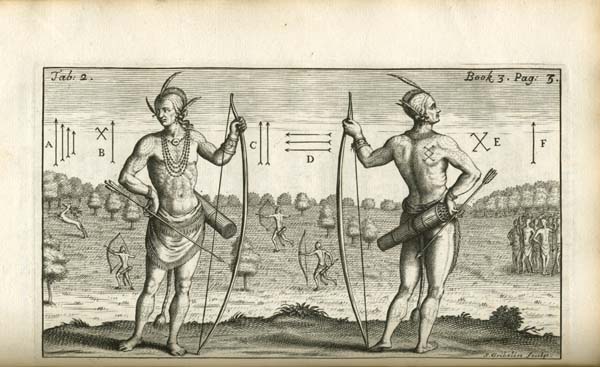Early colonial Virginia historian: Who is Robert Beverley?
He admired the Native Americans and noted strange European beliefs about Virginia—for example, “Everyone who goes there turns black.” He pointed out the great hospitality of Southerners, a trait they keep alive today.

Robert Beverley, a wealthy farmer and author of The History and Present State of Virginia (1705, 1722), tells the history of the Virginia colony in a humane and lively manner.
Like Byrd, he admired Native Americans and noted strange European beliefs about Virginia—for example, “Everyone who goes there turns black.” He pointed out the great hospitality of Southerners, a trait they keep alive today.
Farcical satires in which human flaws or follies are attacked with irony, sarcasm, or humor are common in the colonized South.
Robert Beverley Jr. (c.1667—April 21, 1722) was a historian of early colonial Virginia, as well as a planter and politician.
After their contact with the American Indians in the 16th century, the Spanish described them as a materially simple but spiritually rich people. Just a few decades after the arrival of Europeans, however, status for Native Americans was no longer based on one's wisdom and understanding of the balance of nature; It depended on his possession of guns, jewelry, and alcohol. These new excitements did not arise by chance. European traders had deliberately encouraged Native American desires to motivate the natives to hunt for animal pelts needed by the European market. Historian Robert Beverley, who lived in those years and was the child of a British family that immigrated to America, wrote as follows; Europeans taught the natives luxury. This increased their desires and caused them to desire thousands of things they had never even dreamed of before.
A group of angry immigrants satirized Georgia's philanthropic founder, General James Oglethorpe, in his story A True and Historical Narrative of the Colony of Georgia (1741). They paid lip service to the general for keeping them so poor and overworked that they would remain humble and avoid the anxieties that would come with greater ambition.
The vulgar and satirical poem The Sotweed Factor satirizes the Maryland colony. The author, an Englishman named Ebenezer Cook, tried to become a tobacco merchant but was unsuccessful. Cook described the brutal aspects of the colony and accused the colonists of deceiving him. The poem ends with an exaggerated curse:
“May wrath divine then lay those regions waste / Where no man's faithful nor a woman chaste. “ In general, the colonized South can be associated with a literary tradition that is lightly worldly, erudite, and realist. By imitating the literary methods of the English, southerners achieved a very high level of creativity through their witty, accurate observations of the distinctive conditions of the New World.
